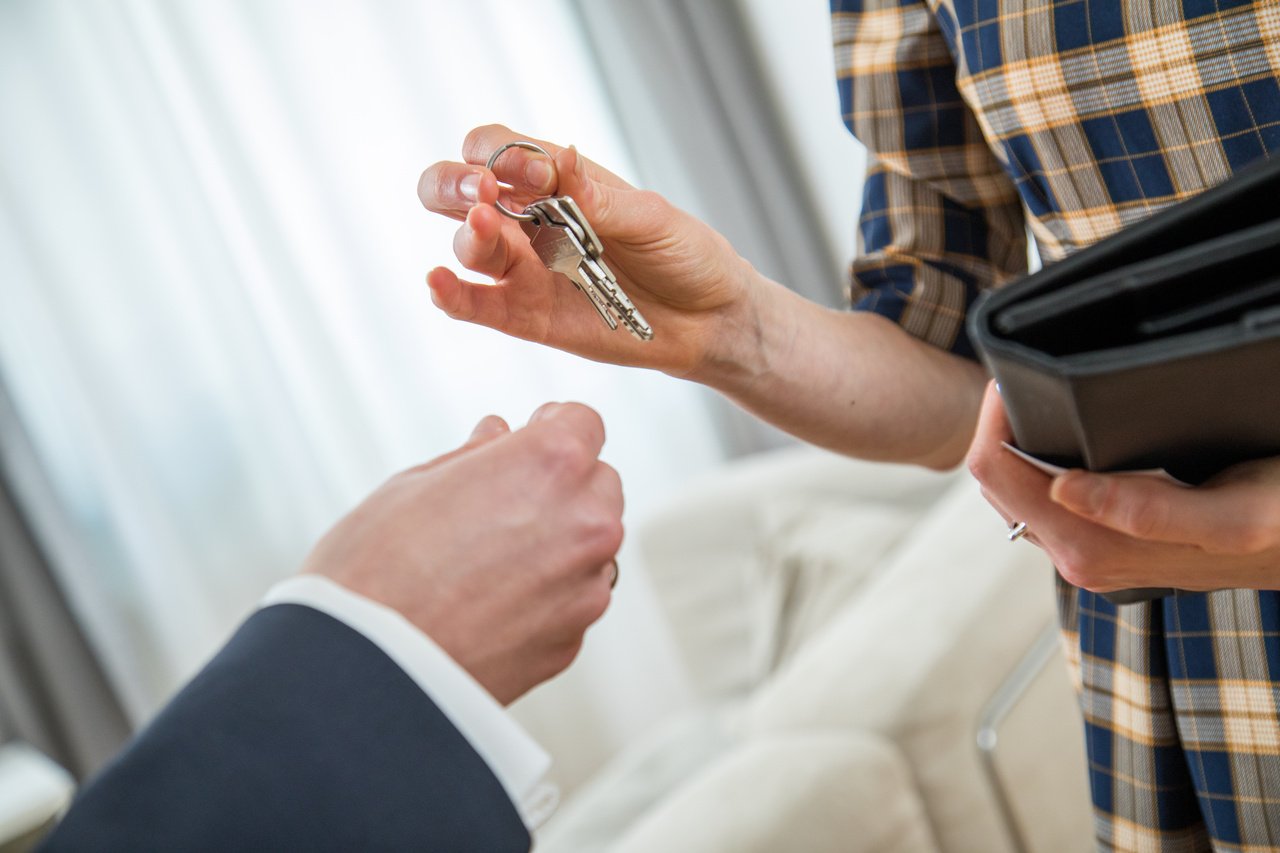Inform your employer before you go to the doctor
Many people make the mistake of going to their doctor and only later informing their employer. Don’t make this mistake as it has led to the odd legal dispute between a company and a sacked employee.
Legally, you need to have informed your employer that you’re sick before the start of the work day – otherwise you are contravening the terms of your contract. If you don’t do it, your boss has the right to give you an Abmahnung (an official warning). If you do it a second time, your employer then has the right to terminate your contract.
Remember, if you don’t feel like being interrogated by your boss over the phone, you don’t have to. An email or a fax are both legally recognized as methods of communicating your sickness.
“There have recently been legal cases where an employee informed their employer via Whatsapp and the court found that to be okay since the company used Whatsapp for communicating,” Benjamin Pfaffenberger, a labour law specialist at Winheller Attorneys tells The Local.
If your company communicates using Slack or other online messaging services, this should also be okay.
Know the difference between a Krankmeldung and Krankschreibung
While you need to tell your employer that you are sick before the start of the day, you only actually need to provide proof in the form of a doctor’s note on the fourth day.
To use the German jargon, you need to give your boss a Krankmeldung (notification of sickness) before the start of work on the first day. But you only need to hand in a Krankschreibung (doctor’s note) on the fourth day (unless it’s written in your contract to submit it earlier).
READ ALSO:
- EXPLAINED: The changes around doctor’s notes in Germany you should know
- What you should know about Germany’s plans to roll out e-prescriptions
Be aware that you have to hand in your Krankschreibung, also known as a “gelbe Schein”, on the fourth calendar day after first calling in sick. So if you stay away from work on a Friday, you will have to provide your boss with a doctor’s note on the Monday, if you still don’t feel up to heading into the office.
 Photo: DPA
Photo: DPA
Your boss has the right to know
It is also important to note that, all of the above only applies if your boss is of a trusting nature. Ever since 2012 your employer has been given the right to request a sick note even on the first day that you don’t come into work. The Federal Labour Court decided in that year that a suspicious boss can demand this immediate proof of illness.
Pfaffenberger advises that one should always go to the doctor on the first day, just in case your boss follows up.
“Even for a cold the doctor will typically write you off work for a four day period or so, so you don’t need to keep going back every day,” he says, adding that the doctor will write a fixed date on the note by which you have to come back in for a reassessment.
READ ALSO: Everything you need to know about making a doctor’s appointment in Germany
The Entgeltfortzahlung
This mouthful of a German word is the legal term for your right to payment when you are ill. You are entitled to Entgeltfortzahlung (continued payment) for a minimum of six weeks.
“Some employers will grant you more time than this. Three months is typical,” says Pfaffenberger. “If your entitlement is only the legal minimum there will be no mention of it in your work contract, but if you have a longer period this will be stated in the contract.”
You have a right to this payment even if you are just a part-time worker or a doing a mini job. The only condition is that you have already been in the job for at least four weeks.
Receiving Krankengeld
If you are sick for longer than six weeks your health insurance company will start paying you Krankengeld (sick money). This money will be 70 percent of your salary and you have a right to it for 78 weeks. To get it though, your doctor has to declare you unfit to work.
Depression and burnout are common reasons for people to need this extended time off the job, Pfaffenberger explains.
READ ALSO: Five things to know about Germany’s new workplace Covid rules
Knowing your limits
Being off work sick doesn’t mean that you are bound to your bed. It just means that you can’t do things that risk aggravating the illness. So if you are suffering from burnout or depression your doctor might advise you to get out. On the other hand if you have a flu, it is probably advisable to stay indoors.
Labour law specialists recommend getting a letter of permission from your doctor for any planned activity. At the same time, if your boss spots you in a cafe when you have the flu, it will be bad for relationships of trust in the office, labour law specialist Dr. Nicolai Besgen told business-on.
Saving your holiday
If you already have a holiday booked and then fall ill, don’t worry. You will get the holiday back as long as you report to your employer that you are sick. Again the same principle applies, by the third day you need to hand in a doctor’s note.
 Photo: DPA
Photo: DPA
Getting the sack
If an employee keeps calling in sick, their boss does have the right to sack them – but the legal requirements for doing so are very high.
“It is very difficult for an employer to sack someone who is longer-term sick,” says Pfaffenberger. “They need to wait 24 months and then assess whether the person is able to come back to work.”
According to Der Westen, your company can cancel your contract if it believes that there is no realistic chance of you taking up your job again once you have recovered. So a construction company for instance could cancel the contract of an employee who has been crippled by an accident.
Acting quickly
It does occasionally happen that a company will sack an employee for calling off work once too often. If this happens to you and you feel you have been treated wrongly, you have to act quickly.
“You need to file a claim with the regional labour court within three weeks of receiving the notification of termination of contract,” Pfaffenberger says. “After three weeks the contract termination becomes legally effective and it cannot be changed.
But lodging the complaint is certainly worthwhile.
You will have to undergo a medical examination which will be provided as evidence in the court, but “the burden of proof is on the employer. I know of very few cases in which the employer has won in court,” explains Pfaffenberger.
If the dismissal isn’t overturned altogether, you are likely to walk away with compensation.
Pulling a sickie
It is highly inadvisable to fake an illness in Germany. If your employer finds out, they have the right to sack you with immediate effect.
But you even risk losing your job if you are too tardy in handing in a sick note. A teacher in Rostock lost her job after getting a doctor to retroactively write her off work five days after she should have handed in her Krankschreibung. The state court in Mecklenburg-Western Pomerania agreed with the firing, ruling that a sick note can be written only up to two days too late, and then only if there are mitigating circumstances.







 Please whitelist us to continue reading.
Please whitelist us to continue reading.
Member comments